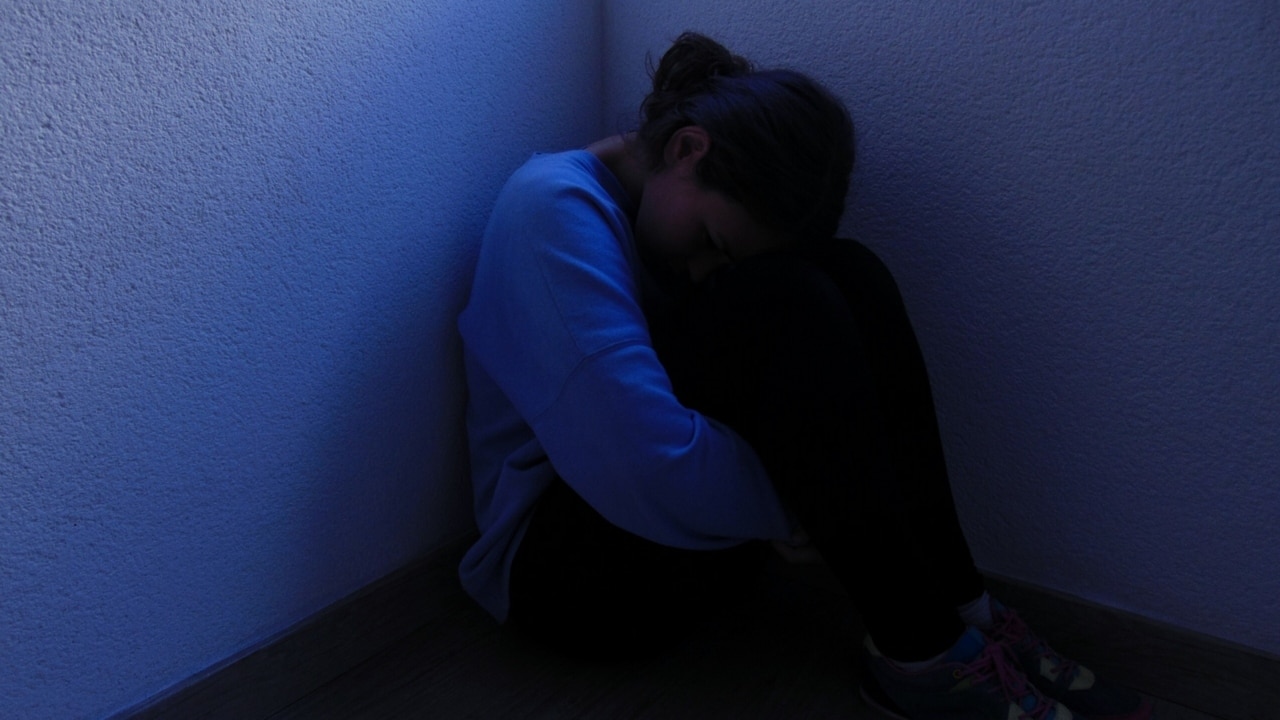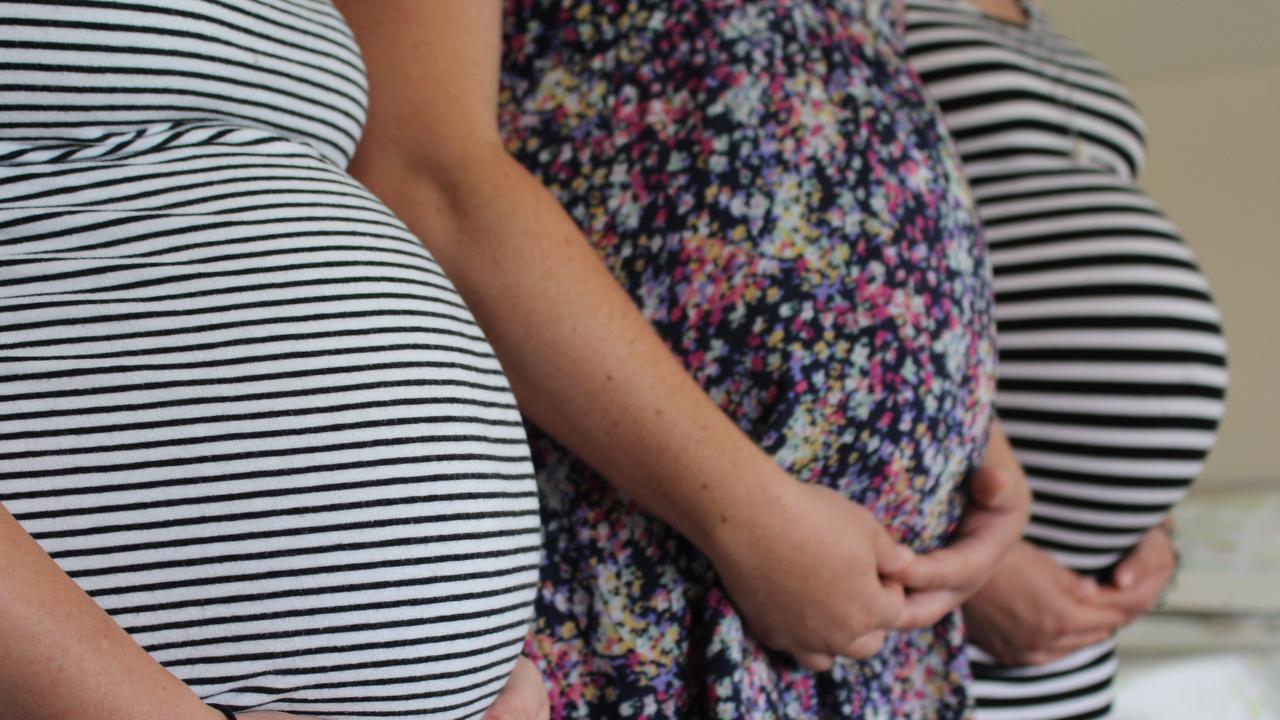Paid parental leave explained: What you’re entitled to if you have a baby
New parents will get access to 20 weeks pay under a new $346 million new paid parental leave scheme. But what does it mean for new and growing families and how will the changes impact you?

QLD News
Don't miss out on the headlines from QLD News. Followed categories will be added to My News.
The Morrison Government announced a new paid parental leave scheme at a cost of $346 million. But what does it mean for new and growing families and how will the changes impact you?
What government paid parental leave will I be entitled to under the new policy?
You and your partner are entitled to a combined 20 weeks pay at the minimum wage, $772.55 per week. The 20 weeks will be able to be split between the parents as they choose.
Who will be eligible under the new policy?
A family with a combined annual income of $350,000 will be eligible, with a relaxed eligibility criteria. It means an extra 2200 families are expected to be able to claim the PPL than currently can.
Can a single parent claim all 20 weeks?
Yes, a single-parent will be able to claim the full 20 weeks, up from the previous 18 weeks available to them.

Do I have to take it immediately?
No. You and your partner will be able to take up to 20 weeks leave within two years of the birth or adoption of your child.
My employer offers a paid parental leave scheme. Can I still claim the Government’s PPL?
Yes, it will be possible to claim both.
When will it come into effect?
No later than March 1, 2023.
What are the current arrangements?
Currently a mother can claim up to 18 weeks, and a father or partner up to two weeks. Each individual claiming must earn less than $151,350. That means that if a mother earns more than that threshold they could not claim PPL, even if their partner was not working or earned much less. The primary carer must take the first 12 weeks continuously, then the remaining six weeks at a time of their choosing within two years.
Originally published as Paid parental leave explained: What you’re entitled to if you have a baby






